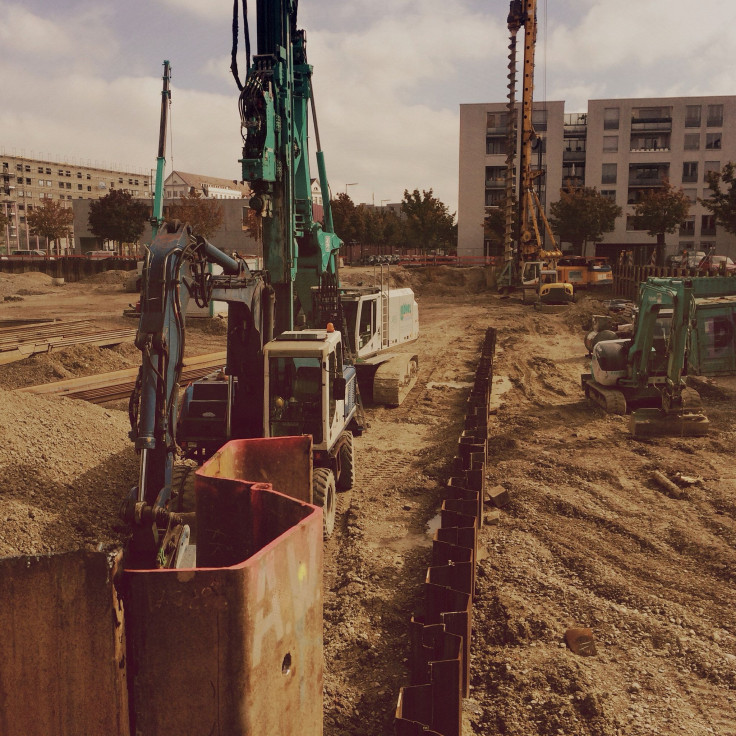EPA Declares Fracking Has Polluted Water Supplies, But Not Frequently

As the debate over whether fracking is both a lucrative and safe method of gas and oil extraction rages on, the Environmental Protection Agency finally offered a pretty inconclusive response on allegations of water contamination near fracking sites: Yes, fracking has contaminated water supplies in some instances, but those instances were few in comparison to the breadth of the industry.
The draft report, which analyzed the 950 papers, technical reports and published studies that Congress had requested, declared that five key components of the fracking process had contaminated drinking water, but this “was small compared to the number of hydraulically fractured wells.” The EPA emphasized that from the beginning of their investigation, their intent was not to determine whether fracking was hazardous to human health or to environmental health, nor did they intend to analyze impacts of fracking on air quality or its possible contribution to greenhouse emissions. The report is still subject to review by the EPA’s panel of scientists.
“This is a study of how we can best protect our water resources,” said Tom Burke, deputy assistant administrator of the EPA’s Office of Research and Development to U.S. News. “It’s not a question of safe or unsafe. It’s a question of understanding vulnerabilities so that we can address those vulnerabilities, practice hydraulic fracturing in the safest way possible to reduce those risks, and protect our water resources.”
It is clear from responses to the draft report’s claims that researchers from the EPA were seeking to find a middle ground, as both sides of the debate have been largely supportive of its conclusions.
According to Alaskan Sen. Lisa Murkowski, a Republican and supporter of fracking, this report lays out the claims her side has been making all along. “Today’s study confirms what we already know. Hydraulic fracturing, when done to industry standards, does not impact drinking water,” she said.
However, those opposed to fracking are finding their argument in the report as well. The Sierra Club, similarly, said the report “confirms what millions of Americans already know — that dirty oil and gas fracking contaminates drinking water.”
Although the process of fracking, which frees up underground stores of oil and gas deposits, has become a major source of American energy, creating 25,000 to 30,000 wells per year since 2011, the health and environmental repercussions are still unclear. What is clear, though, is the advantages of fracking to the American energy industry. “Hydraulic fracturing has been used safely in over a million wells, resulting in America’s rise as a global energy superpower, growth in energy investments, wages and new jobs,” says Erik Milito of the American Petroleum Institute, one of the largest lobbying groups for the oil and gas industry.
However, for those living near fracking sites, especially in northeastern Pennsylvania, it is not an issue of jobs or revenue, but of the safety of the water their families are drinking. In early May, a study linked water contamination in Dimock PA with a nearby fracking well, one of many instances in the epicenter of the natural gas industry.
“If you don’t believe your children should live there, I agree, no child should live there,” New York Gov. Andrew Cuomo said, taking a stance against fracking in favor of citizen welfare. Cuomo, along with legislators in Vermont, decided to ban fracking last December, despite the potential revenue it could generate for the state.
Many speculate that the health impacts of fracking may be severe. In some studies it has been linked to interfering with hormone function, while others have found fracking contamination to cause gastrointestinal and sinus issues. With little knowledge as to whether or not air contamination results, there may be a whole slew of respiratory issues to be explored as well.
Even though the EPA’s finalized report has not been released, it is safe to say a definitive stance on health and safety issues will not be taken at this time. Hopefully, however, the report will illuminate the importance of enforcing fracking regulations to keep pollution out of our drinking water.



























